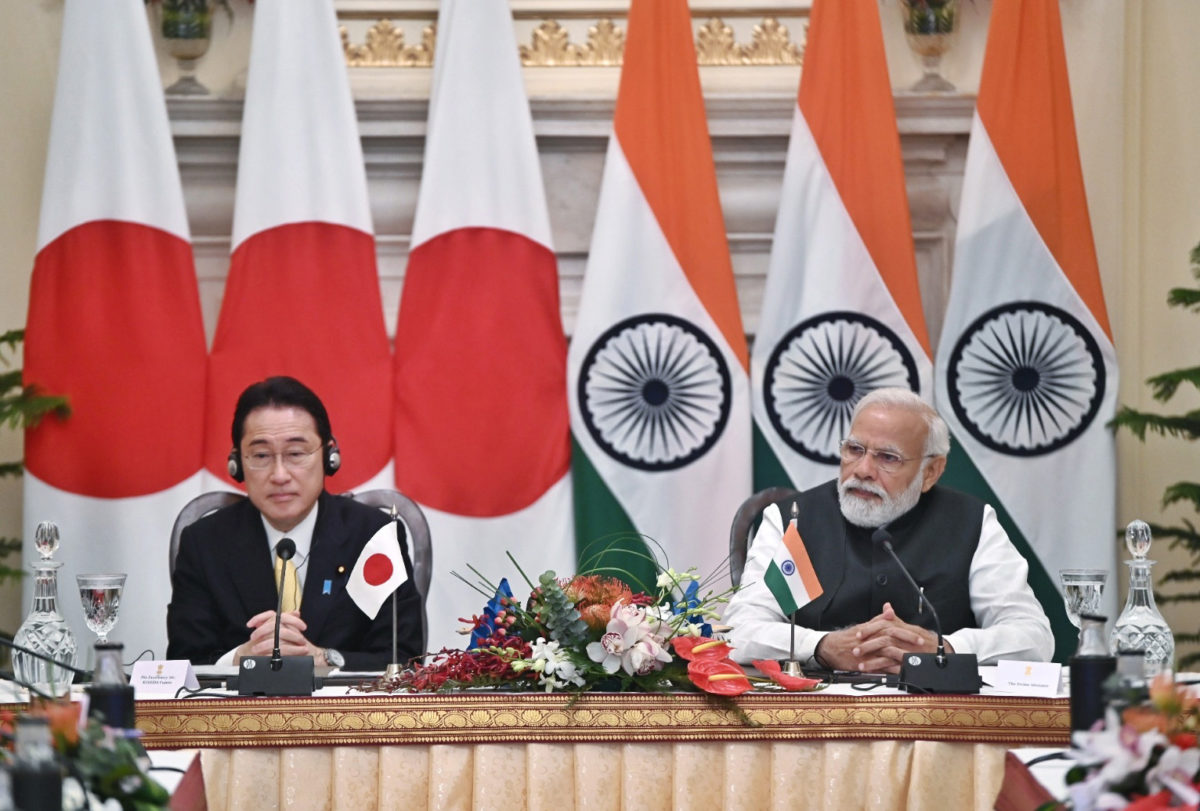India and Japan have agreed to expand the scope of their energy collaboration to cover solar power, clean hydrogen, electric vehicles, and battery storage. The decision was taken during a recent three-day long visit to India by Prime Minister of Japan, Kishida Fumio.
India and Japan, which target net-zero by 2070 and 2050, respectively, are tapping into low-carbon sunrise sectors and exploiting new technologies and business models to reduce carbon emissions. This offers immense potential to enhance bilateral cooperation in clean and sustainable development.
Cooperation under the new clean energy partnership will build on the work already being covered out by the two sides under the ‘India-Japan Energy Dialogue’ established in 2007 and will substantially expand the areas of collaboration for mutual benefit. It will also encourage innovations and the creation of resilient and trustworthy supply chains between India and Japan as they progress in their respective energy transition plans.
Cooperation under this partnership will cover areas like electric vehicles (EVs), storage systems including batteries, electric vehicle charging infrastructure; energy conservation in buildings and industries, development of solar energy including PV cells; wind energy; clean (including green) hydrogen and clean (including green) ammonia; carbon capture; and clean coal technology.
Both sides also agreed to cooperate in other sunrise areas of growth and business opportunities like disposal, recycling, and reclamation of useful material from batteries, solar panels, turbine blades, and electronics.
“To truly capitalize on this opportunity and take innovative technologies from laboratory to factory and, ultimately, to consumers, involvement of the private sector and public sector undertakings is necessary. Both sides may look at various initiatives to connect their business ecosystems, such as public-private workshops and business matchmaking events,” read a statement issued by the government.
This content is protected by copyright and may not be reused. If you want to cooperate with us and would like to reuse some of our content, please contact: editors@pv-magazine.com.









3 comments
By submitting this form you agree to pv magazine using your data for the purposes of publishing your comment.
Your personal data will only be disclosed or otherwise transmitted to third parties for the purposes of spam filtering or if this is necessary for technical maintenance of the website. Any other transfer to third parties will not take place unless this is justified on the basis of applicable data protection regulations or if pv magazine is legally obliged to do so.
You may revoke this consent at any time with effect for the future, in which case your personal data will be deleted immediately. Otherwise, your data will be deleted if pv magazine has processed your request or the purpose of data storage is fulfilled.
Further information on data privacy can be found in our Data Protection Policy.